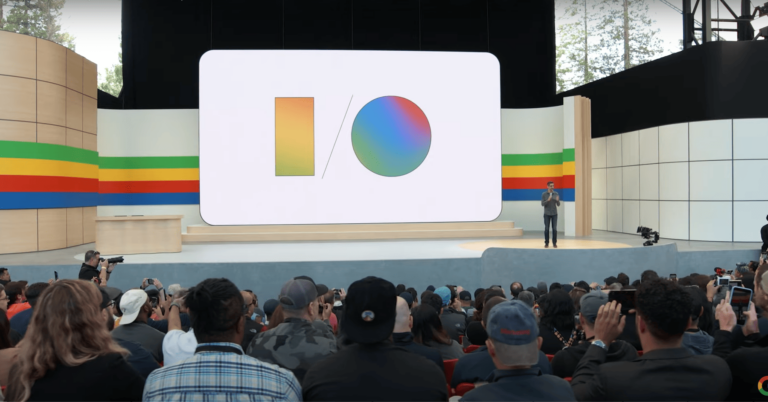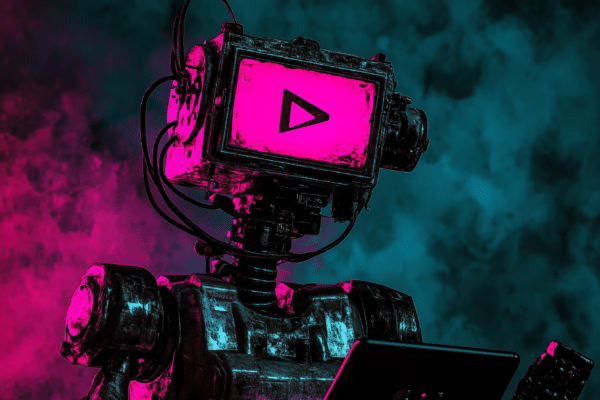Google I/O, Google's annual developer conference, has brought important updates that will change the landscape of search engine optimization (SEO) and web traffic management. This year, the focus was on the launch of Google's new AI technologies, specifically the Gemini AI model and Search Generative Experience (SGE), both of which promise to revolutionize the way users interact with search results.
Google I/O 2024 made it clear that a comprehensive and adaptable approach to SEO and paid search is needed. As the search landscape evolves with advanced AI technologies, a deep understanding of user behavior, a focus on different types of content, and an unwavering commitment to technical excellence are required to stay ahead.
One of the most anticipated announcements was the unveiling of Gemini, Google's latest multimodal AI model. Designed to process and understand text, images, video and audio, Gemini provides a more nuanced and comprehensive understanding of search queries than ever before. This advanced AI is expected to outperform previous models and deliver personalized and interactive search results.
The introduction of Gemini AI and SGE will significantly change SEO strategies. Until now, SEO efforts have focused on optimizing text-based content to rank high in Google search results. However, with Gemini's capabilities, SEO experts will need to expand their focus to a variety of content types and ensure their websites are optimized for text, images, video and audio.
In addition, the measures of SEO success are likely to change. User interaction metrics, such as dwell time on a page and click-through rates, are likely to become more important as Google seeks to better understand user intent and deliver more relevant results.
Zero-click search
SBU, in particular, will change the dynamics of organic traffic. By providing direct answers on the search results page (SERP), SBU reduces the need for users to click through to external websites. This shift could lead to an increase in zero-click searches, where users find the information they need directly on the SERP, which could reduce traffic to informational websites.
To adapt to these changes, SEO experts need to refine their strategies. Focusing on long-tail keywords and understanding user intent will be critical. Content that offers unique insights and deeper value that AI can't easily summarize will stand out in this new environment. In addition, technical SEO, including site structure, clean code and fast load times, will become even more important to ensure content is effectively crawled and indexed by Google's advanced algorithms.
The integration of AI into search results also has significant implications for paid search strategies. As direct answers become more common, the need for users to click through to ads could decrease, impacting click-through rates (CTR) and cost per click (CPC). Advertisers will need to refine their targeting and bidding strategies to remain competitive and ensure their ads remain relevant and valuable beyond AI direct responses.






